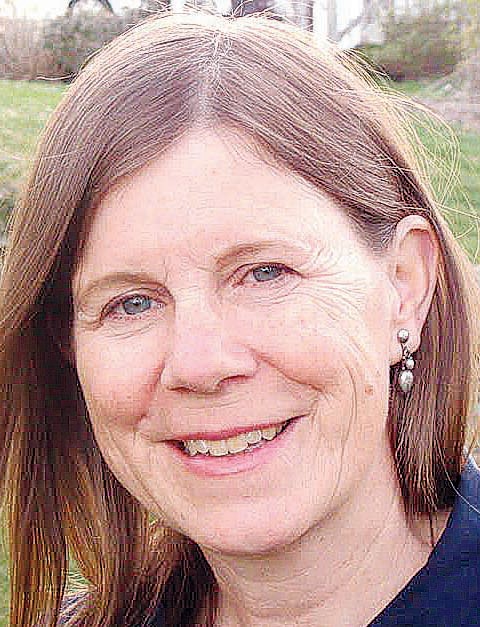Andrea Rusnock, a history professor at the University of Rhode Island, recently won an American Council for Learned Societies Fellowship, which helps scholars devote themselves full time to research and writing for scholarly projects. She plans to complete a book on the new history of the smallpox vaccination.
Rusnock, who earned a B.A. in history from Brown University and a Ph.D. in history from Princeton University, joined the university in 2000 and also serves as chair of the Institutional Review Board, which oversees research with human subjects.
PBN: In what ways do you hope your history of medicine curriculum will impact the next generation of health care professionals?
RUSNOCK: Knowledge about the history of medicine, health care, and disease provides health care professionals with an important critical perspective on current practices and conditions. It gives them concrete examples about alternative ways of organizing medical education, medical institutions, and ways of paying for treatment. It helps doctors, nurses, and other health care professionals “think outside the box.” Healers have always tried to relieve pain and suffering, improve function, and help families cope with illness. Studying past efforts introduces a sense of humility, empathy and compassion, and it challenges the hubris that often attends the latest medical innovation.
PBN: Your new book will shed light on women’s role in the growth of the small pox vaccine – does that change the history of this event as it was previously written?
RUSNOCK: Women have been excluded from histories of smallpox vaccination, which have traditionally focused on the work of male physicians and public health officials. My book looks at the roles women played as patrons, parents and practitioners of vaccination. For example, aristocratic women supported the practice by having their children vaccinated and setting an example for other families. Mothers, then as now, were often in charge of their children’s health and actively sought vaccination. Women were also vocal opponents of vaccination and their roles in the debates are important to understand. Documenting women’s contributions shows that change in medical practice is not simply the result of what doctors do; it depends on the actions of many individuals.
PBN: In your opinion, how is the exploration of early vaccines beneficial to creating today’s health care policies?
RUSNOCK: This project is relevant to health care policies today because vaccination remains one of the most important and effective means to control infectious disease. The early history of vaccination provides an exemplary case study of how a new medical practice was adopted and spread globally, and in the process, how it overcame environmental and societal challenges. Given the current doubts about and opposition to vaccines, it is even more important to understand the role of vaccines in the control of infectious diseases and how families, especially concerned parents, have decided whether to vaccinate their children. •













